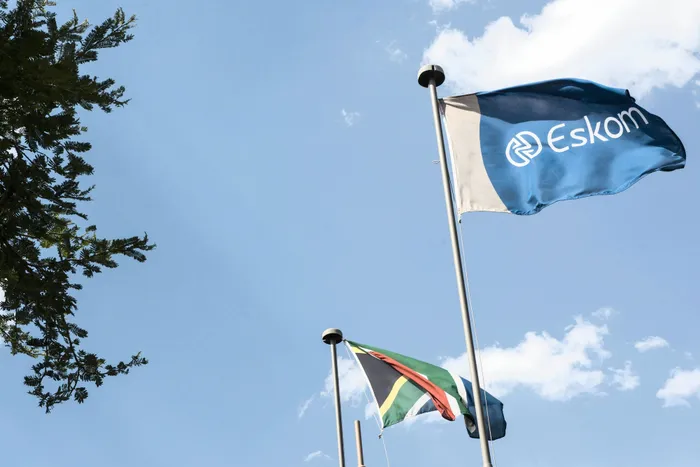Budget 2024: Treasury says SOE bailouts are unsustainable

At Eskom, which has severe operational and financial problems, the allocation of R78bn in 2023/24 and R66bn in 2024/25 would be reduced by R2bn in each year. File photo
THE financial position of state-owned entities has deteriorated further in 2022/23 due to the weak economy and historically poor performance, and more of these companies are failing to submit financial statements on time because of this, National Treasury said in the Budget yesterday.

Subsequently, the Eskom debt relief programme was introduced in the year and the South African Post Office was placed in business rescue, while a guarantee framework agreement was concluded for Transnet.
The net asset value of state-owned companies declined by 2.8% to R407.4 billion in 2022/23, mainly due to increased losses reported by most of the state-owned companies.
Average profitability measured by return on equity deteriorated from -2.6% in 2021/22 to -7.7% in 2022/23. National Treasury said the negative return on equity was mainly the result of weak revenue growth, high costs and elevated debt service costs, and it did not mention poor management of these companies.
Net cash from operations fell 10.5% to R68.2bn from R76.1bn over the year, while capital expenditure by these entities declined by 7.4% to R45.9bn.
Treasury said state-owned companies were struggling to enter the capital markets without government guarantees, and were increasingly requesting bailouts to pay their debt and fund turnaround plans. Treasury said these bailouts were “unsustainable”.
“These bailouts erode public policy as they require the redirection of resources from the public service priorities such as education, public safety and criminal justice, to entities that are meant to be financially self-sufficient,” it said.
Frequently, the bailouts did not succeed in operational and financial improvement. For instance, Eskom has received R241.6bn in bailouts since 2008/09, while SAA received R48.2bn, and it still went into business rescue.
Treasury said the government was working to reduce its exposure to these companies, and loan guarantees issued to them had declined to R478.5bn by March 2023, from R559.9bn in March 2022.
Further reforms had been initiated to further mitigate the risk. This included improving the transparency of guarantees for better monitoring and accountability, and using government guarantee conditions to raise operational efficiency and reduce financial reliance on the government.
Denel remained unable to meet its financial obligations and was working through a R3.4bn bailout granted in 2022.
At Eskom, which has severe operational and financial problems, the allocation of R78bn in 2023/24 and R66bn in 2024/25 would be reduced by R2bn in each year, as the utility would fail to dispose of the Eskom Finance Company by the agreed time frame of March 31, 2024.
At the SA Post Office, a R2.4bn allocation from Treasury would be used to implement a turnaround plan that was approved by creditors in the business rescue plan, in December 2023.
In the same month, the government provided a R47bn guarantee to Transnet to assist with its debt and a turnaround plan.
“Transnet is required to divest non-core assets, reduce its current cost structure and explore alternative funding models for infrastructure and maintenance, including project finance, third party access, concessions and joint ventures,” Treasury said.
BUSINESS REPORT